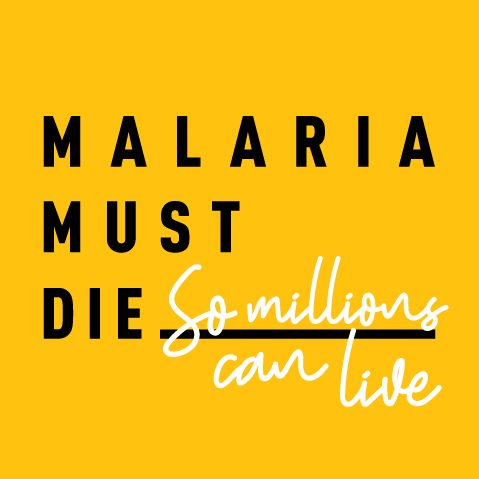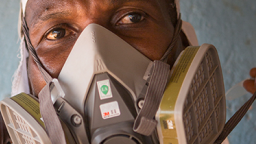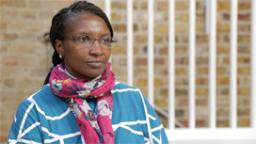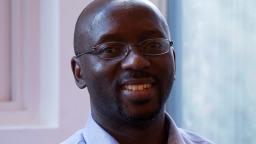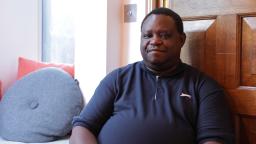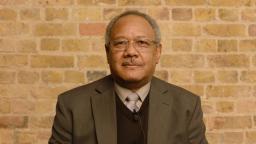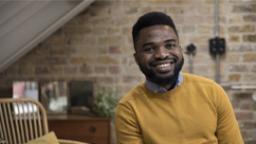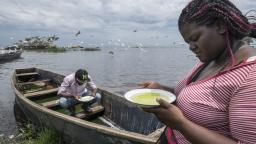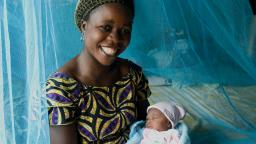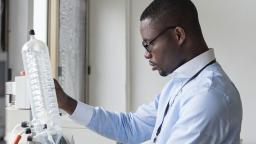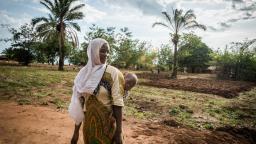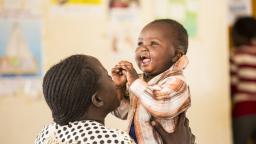Elvis Eze, a 28-year-old doctor, grew up in Nigeria and now works in A&E at an NHS hospital in London. He suffered malaria many times as a child and knows the effects of the disease all too well. “When you’re older, your body can fight the disease, but as a child it tends to be more severe. Working in the emergency room, you see children coming in having fits, or with their systems shutting down completely. It’s terrible and it’s moving, especially when you don’t see just one or two cases a day – you see many more than that.”
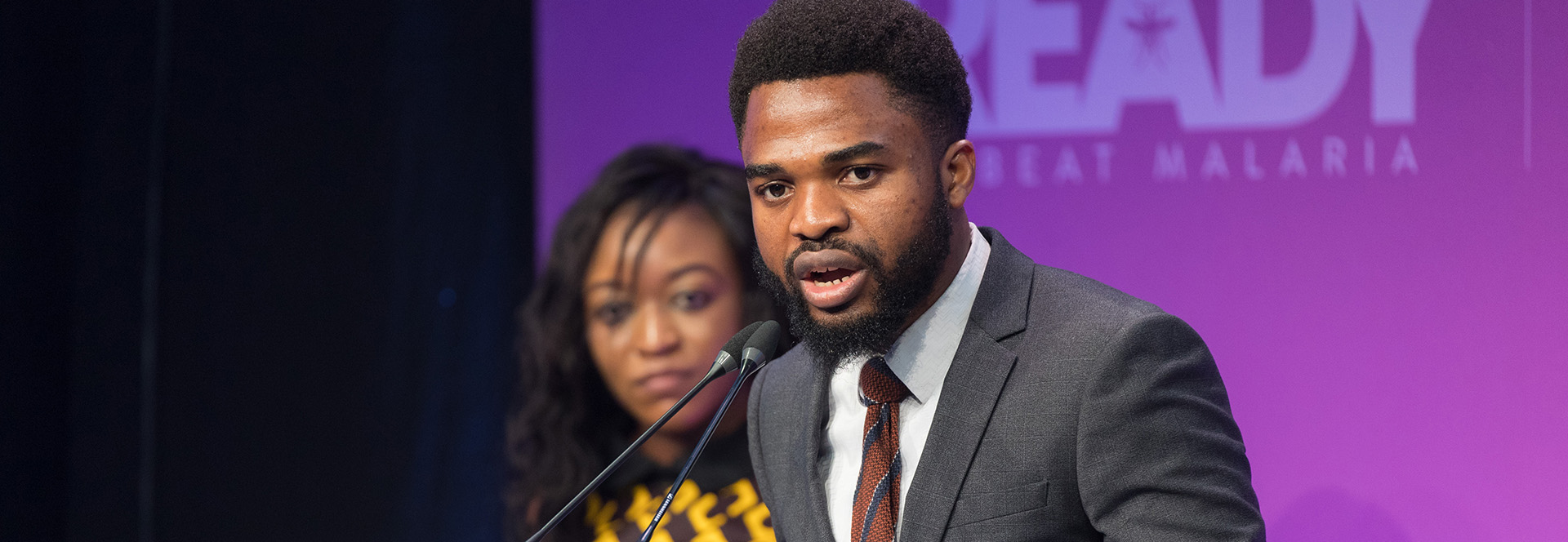
Witnessing infants being admitted to hospital every day in dangerously advanced stages of the disease was a tipping point for this young doctor. Seizures, unconsciousness and death became an everyday part of his job – and more often than not, caused by a preventable, treatable disease that continues to claim the life of a child every two minutes across the globe. “Seeing that does change something in you,” he says. “It stays with you. You feel like you really want to do something about it.”
Lucky enough to overcome his childhood illnesses in a country with one of the highest burdens of malaria worldwide, Elvis went on to study medicine at the University of Lagos and work at the main hospital. Here malaria became a daily fixture of his life but he also saw how simple it was to administer life-saving treatment to young patients and turn their lives around.
In 2015, he moved to London to continue working as a doctor, and became a Malaria No More UK Youth Ambassador – one of a group of inspirational young people from around the world with first-hand experience of malaria who refuse to stand by and watch this preventable disease claim more lives.
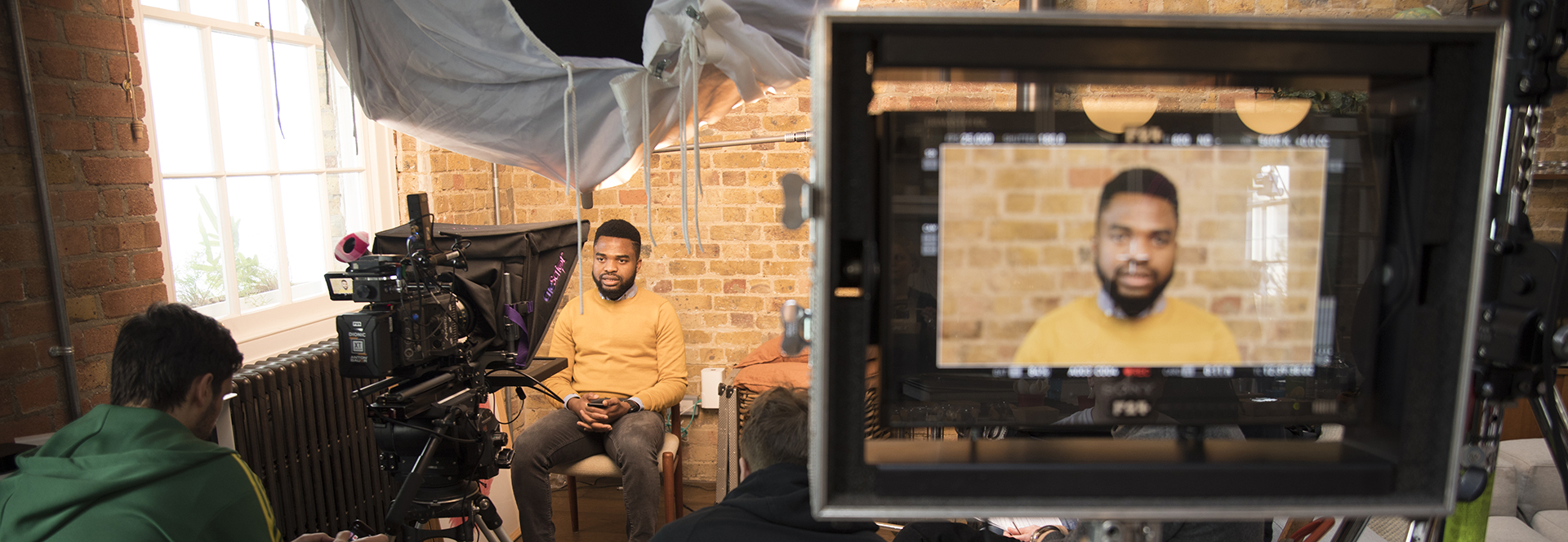
“Now I am in the UK, I have the chance to add my voice to this campaign to end the disease. I’m grateful for the opportunity, and know there’s a lot of work ahead of us, but this is something we can do. For me, a pivotal moment was the Malaria Summit where 53 Commonwealth leaders made a commitment to halving malaria in the next five years. I think that was a big step towards ending the disease – now it’s about accountability and taking action.”
Elvis hopes to return to Nigeria at some point and use his experience gained in the UK to improve his country’s health service, where malaria represents a constant risk to life. “If the little boy inside me could say anything to world leaders? He would probably stand in the room and tell them not to let me, and the millions of children who are just like I was with malaria, die.”
Elvis features in the Power of a Voice campaign for Malaria Must Die launching on 9 April 2019 inviting people to add their voice to the world’s first voice petition to end malaria. Elvis’ voice speaking Yoruba is one of many spoken by David Beckham in a short film using emerging AI voice technology to raise global awareness. Elvis met David on the set of the film and shared his experiences of the disease and they discussed the need for action as can be seen in the How We Made It Happen film.
BACKGROUND
According to the World Health Organization (WHO), Nigeria currently accounts for 25% of all malaria cases worldwide, and 19% of all deaths from the disease in 2017 – an estimated 82,650 people. The number of cases of malaria in Nigeria increased by more than half a million between 2016 and 2017, even though the disease is entirely preventable and treatable.
For imagery or interview with Elvis please contact: Roz Hobley at Malaria No More UK.
Roz.hobley@malarianomore.org.uk / T: 0203 752 5855
